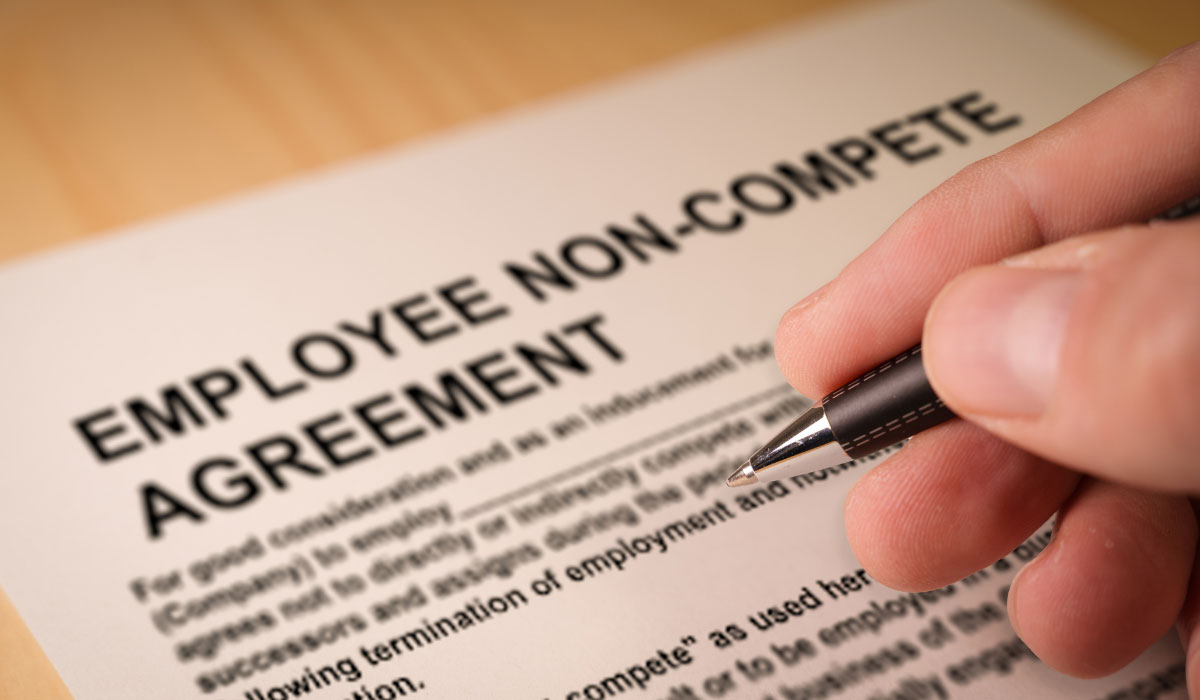Scrutiny of new and existing noncompetition and nonsolicitation provisions affecting employees and independent contractors has magnified since February 26, 2025. That Wednesday, the Federal Trade Commission (FTC) issued a directive to form a Task Force to examine “deceptive, unfair and anticompetitive” practices, specifically calling out noncompetition and nonsolicitation agreements as targets.
On the one hand, efforts at the state level to encourage a robust labor market are nothing new. Four states have laws banning noncompetes entirely; while thirty-three states have current statutes or pending legislation limiting the scope of noncompetes. In those thirty-three states, the statutory restrictions on noncompetes include income guidelines, limited durations or a prohibition on noncompetes within specific industries (often health care professionals). Many make exceptions to allow noncompetes in connection with an acquisition. Even where noncompetes are allowed, courts have often refused to enforce them or interpreted them narrowly, examining the length and geographic reach of the noncompete, as well as whether the aggrieved employee formerly held an executive position.
For example, in Rhode Island, Governor McKee vetoed a broadly worded bill that would have banned noncompetes and limited nonsolicitation provisions, including reach into already existing contracts. This June 2024 bill would have amended an existing RI law limiting the enforceability of noncompetes against certain classes of workers, including nonexempt employees and low-wage employees. In February 2025, a narrower version of the vetoed bill was introduced in the RI General Assembly. The 2025 bill excepts nonsolicitation provisions and noncompetition provisions granted in connection with an acquisition. The revised bill is winding its way through the legislature.
On the other hand, the landscape of Federal agency rulemaking concerning noncompetition and nonsolicitation agreements is evolving quickly. During 2023 and 2024, two Federal agencies, the FTC and the National Labor Relations Board (NLRB), took steps to ban noncompetition agreements for most employees, calling these provisions unfair methods of competition and violative of existing law. Among other things, the proposed FTC rule would have required employers to inform every affected employee that their noncompetition provisions were no longer enforceable. After legal challenges to the FTC rule, a Federal court set aside the proposed rule and prohibited the FTC from enforcing it.
During 2023, the former general counsel of the NLRB issued a memo claiming all noncompete provisions violate the National Labor Relations Act. In February 2025, the new general counsel of the NLRB rescinded that memo.
Any new rulemaking by Federal agencies on noncompetition and nonsolicitation agreements will supersede all contrary state laws. The announcement of the new FTC Task Force signals that the FTC will likely continue to scrutinize restrictive covenants in contracts, such as noncompetes and nonsolicits, and launch enforcement actions.
As always, we will keep you apprised of any developments. In the meantime, if you have any questions, please contact Attorney Alisa F. Hoover of our Corporate & Business Law Team at 401-824-5137 or ahoover@pldolaw.com.


